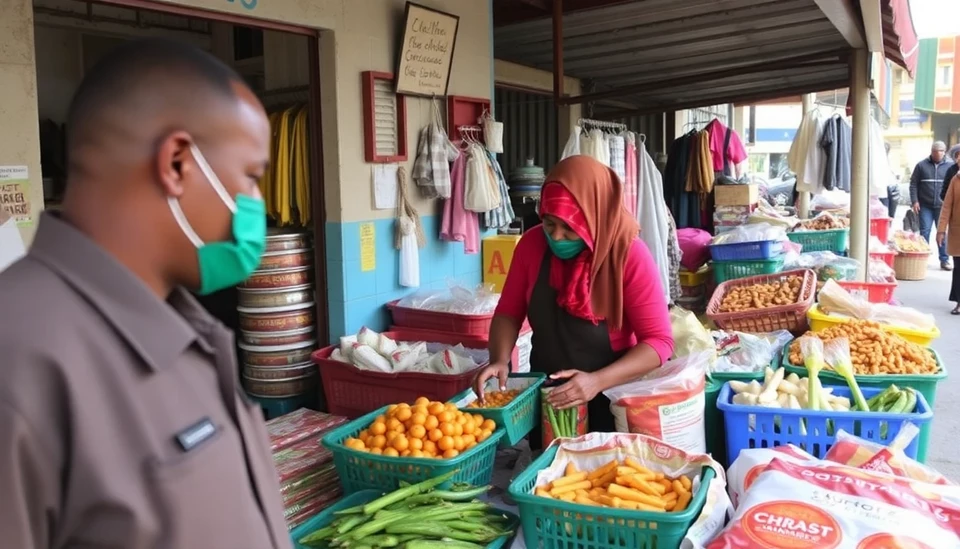
In a decisive move to enhance public safety amid growing health concerns, the South African government has announced the closure of 1,041 informal grocery stores, colloquially known as "mom-and-pop shops." This action follows a troubling trend of food-related illnesses and fatalities attributed to the consumption of contaminated food products emerging from these unregulated retail outlets. The decision underscores a significant effort by authorities to safeguard consumers by tightening food safety regulations.
The drastic action comes in light of alarming reports suggesting an increase in foodborne illnesses across the nation. Health officials have linked several recent deaths to the unsanitary conditions prevalent in many of these small retail establishments. Inspections conducted by the Department of Health revealed numerous violations of food safety standards, including improper storage methods, lack of proper facilities, and a general disregard for hygiene protocols.
In response to these findings, health authorities have ramped up inspections across informal markets and have pledged to intensify efforts to ensure compliance with safety regulations. The crackdown aims not only to protect the public from harmful food practices but also to instill a sense of accountability among small retailers. Officials emphasize that while promoting local entrepreneurship is important, it should not come at the expense of consumer health and safety.
This initiative is part of a broader strategy by the South African government to confront food safety challenges. In recent months, public health campaigns have highlighted the risks associated with buying food from informal vendors who often operate without the necessary permits or health certifications. The response from the community has been mixed; while many acknowledge the need for improved food safety standards, others express concern about the impact on local businesses that serve as vital sources of income for families.
Furthermore, the closures have raised questions about food access in economically disadvantaged areas where these small shops have become a primary source of groceries. Activists and local community leaders stress that any measures taken to improve food safety must also consider the economic implications for the neighborhoods reliant on these stores. Adequate support and alternatives must be provided to ensure that vulnerable populations do not suffer from food insecurity as a result of these closures.
Authorities have also launched initiatives focused on educating small business owners about food safety best practices, hoping to foster compliance rather than merely imposing punitive measures. Despite the immediate impact of these closures, the government aims to create a sustainable path forward that balances public health priorities with the sustainability of local businesses.
The move has generated extensive discussions surrounding food safety and the complexities of regulating informal trade within South Africa. As the country seeks to navigate these challenges, the collective responsibility toward ensuring food safety becomes paramount. The government's response may set a precedent for food regulation in similar markets worldwide, highlighting an urgent need to address health standards without stifling the entrepreneurial spirit.
#SouthAfrica #FoodSafety #HealthRegulations #InformalShops #ConsumerProtection #PublicHealth #Entrepreneurship
Author: Victoria Adams




